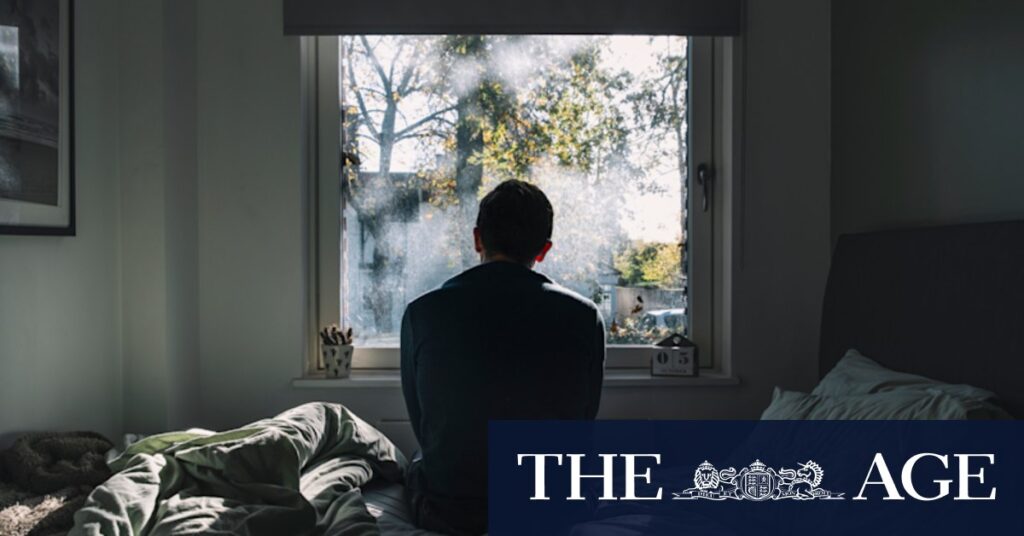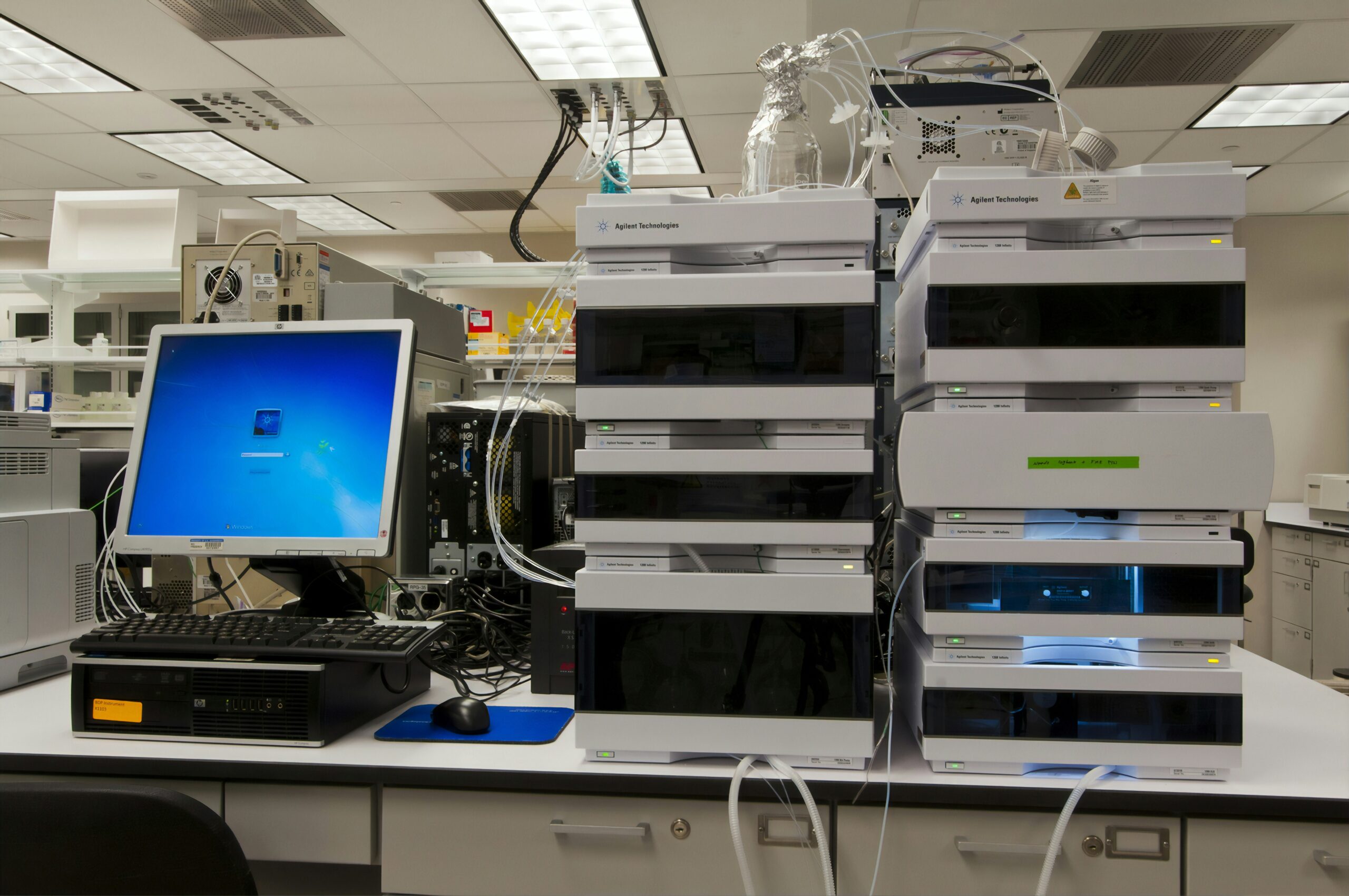
The day after my 22-year-old daughter, Mia, left home, I found myself sitting on the couch, staring out at our backyard. It was a Saturday, and the world outside seemed to be mocking me with its beauty. The grass was a vibrant green, the frangipanis a glowing pink, and the sky a perfect, cloudless blue. Yet, despite the idyllic scene, I felt a profound sense of loss. Everything felt, in a word, f—ed.
When you become a parent, everyone warns you about the sleepless nights and the endless cycle of diaper changes. They tell you to prepare for daycare, school, and the myriad of logistical challenges that come with raising children. But what they don’t tell you is how breathtakingly beautiful parenting can be, or how it opens up a world of unimaginable wonders. Equally, they fail to mention the devastation that follows when your children grow up and leave home. Despite knowing it was inevitable, the reality felt like an ambush.
The Silent Struggle of Letting Go
Our experience wasn’t unique. Just a year earlier, our 18-year-old daughter, Rosey, had left for university in Canberra, leaving us to grapple with the void she left behind. The adjustment was slow and painful. My wife and I would lie in bed, quietly mourning the absence of our child, while trying to come to terms with her newfound independence.
Visiting Rosey in Canberra, a city that felt foreign and disorienting compared to the familiar landscapes of Sydney, only heightened my emotional turmoil. Despite her excitement and happiness, I felt lost, both geographically and emotionally. Just as I began to adjust, Mia left, reigniting the unresolved grief.
It’s not as if they were gone forever; they were just beginning their own lives. Yet, the pain of their absence was undeniable. The house became quieter, almost eerily so, as if the life had been sucked out of it. The vibrant energy of our daughters was replaced by a deafening silence.
Understanding Empty Nest Syndrome
These feelings are part of what is commonly known as “Empty Nest Syndrome” (ENS). While statistics on its prevalence vary widely, ranging from 25% to 98% of parents, the emotional impact is deeply personal and often underestimated. For some, the departure of children marks a transition to a new phase of life, filled with opportunities for personal growth. For others, like myself, it feels like losing a part of oneself.
“The hurt we feel over saying goodbye to our kids’ childhoods [is] balanced by the freedom to live life as we choose.”
Such sentiments, often shared on social media, suggest a newfound freedom. Yet, for many parents, the notion of freedom is overshadowed by a longing for the past. The idea of embracing this new chapter feels akin to being offered a luxury when all you desire is the comfort of familiarity.
Navigating the Emotional Landscape
As I grappled with these emotions, I wondered if my experience was unique to my gender. Conversations with friends revealed a spectrum of reactions, from indifference to shared grief. Some reassured me that the children would eventually return, missing the point entirely. The challenge was not just their physical absence but the emotional void it created.
In moments of solitude, I found myself overwhelmed by fears for my daughters’ futures. Would they find happiness and success? Would the world treat them kindly? These anxieties, though irrational, were inescapable. The absence of my children reframed everything, even my relationship with my wife. Without the shared focus of parenting, we faced the daunting task of redefining our partnership.
Embracing the Next Adventure
Despite the challenges, this transition marks the beginning of a new journey. Just as choosing to have children was a radical decision that led to an epic adventure, so too does this next phase hold potential. As I stand on the precipice of this new chapter, I am reminded that life is a series of choices and adventures. The next one is just coming into view, promising new experiences and opportunities for growth.
In the end, while the pain of letting go is real, so too is the promise of what lies ahead. As parents, we must learn to navigate this new terrain, embracing both the freedom and the uncertainty it brings. With time, perhaps, we will find peace in the knowledge that our children are forging their own paths, and that we, too, have the chance to embark on our own new adventures.







